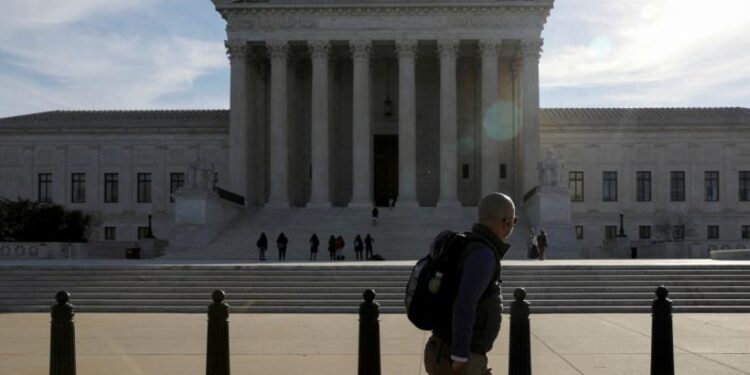
The U.S. High Court on Monday dismissed a bid by four Democratic-inclining states to lift a cap on government derivations for state and neighborhood charges set up as a component of a 2017 duty redesign under Republican previous President Donald Trump.
The judges dismissed an allure by New York, Connecticut, Maryland, and New Jersey after a lower court tossed out their claim. The lower court held that the U.S. Congress had wide authority over charges and didn’t abuse the U.S. Constitution by putting a $10,000 limit on how much state and neighborhood burdens that people might deduct on government annual expense forms.
Majority rule President Joe Biden’s organization went against the four states.
As far as possible, known as the SALT cap, was important for a Republican-upheld government charge regulation endorsed by Trump that sliced the corporate duty rate and carried out a personal tax break for people, which charge strategy specialists said helped affluent Americans the most.
Liberals had gone against the law, which was supposed to lessen government incomes by $1.5 trillion more than 10 years. Covering the allowance excessively influences high-charge, frequently Democratic-inclining states, with New York assessing its citizens would pay $121 billion of additional government charges from 2018 to 2025.
The four states sued Trump’s organization in 2018, calling the cap an unlawful endeavor to impede states’ burdening power and constrain Democratic-inclining states to curtail government expenditures and the administrations they pay for.
‘Roadway Killers’: Russians Targeted Civilians Along E373 and E40, Says Report
The Manhattan-based second U.S. Circuit Court of Appeals last year dismissed the states’ contentions, deciding that they didn’t show that their wounds were sufficiently huge to bring about a protected infringement.
The greater part of the 2017 regulation’s singular duty arrangements, including the SALT cap, lapse after 2025.

















